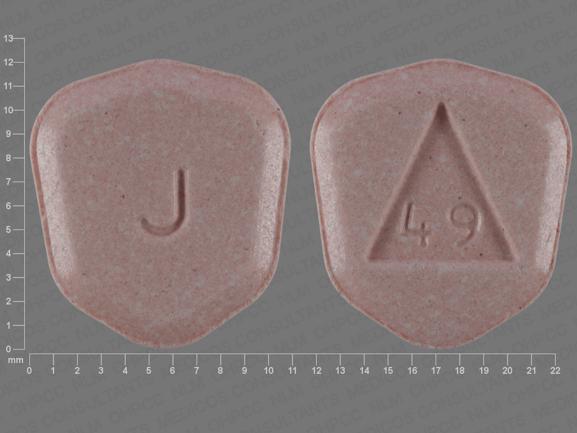Acyclovir Disease Interactions
There are 4 disease interactions with acyclovir.
Acyclovir (applies to acyclovir) renal dysfunction
Major Potential Hazard, High plausibility.
Acyclovir is primarily eliminated by the kidney. Patients with renal impairment may be at greater risk for neuro- and nephrotoxicity (including further deterioration in renal function, tubular damage and acute renal failure) from acyclovir due to decreased drug clearance. Therapy with acyclovir should be administered cautiously in patients with renal impairment. Dosage adjustments are recommended in patients with moderate to severe renal dysfunction.
Acyclovir (applies to acyclovir) dehydration
Moderate Potential Hazard, High plausibility.
Acyclovir crystals may precipitate in the renal tubules, particularly when the drug is injected intravenously as a bolus. Abnormal renal function may occur, which is usually reversible but may infrequently progress to tubular damage and acute renal failure. Patients who are dehydrated may be at increased risk for nephrotoxicity from acyclovir administration. Intravenous acyclovir should be administered over a one-hour period accompanied by adequate hydration. The urine flow should be monitored, especially within the first two hours following infusion when maximum urine concentration occurs. The recommended urine output is a minimum of 500 mL per gram of drug infused.
Acyclovir (applies to acyclovir) hemodialysis
Moderate Potential Hazard, High plausibility.
Acyclovir is substantially removed by hemodialysis. Plasma levels of acyclovir have been shown to reduce by 60% following 6 hours of dialysis. Acyclovir should be administered after hemodialysis. Otherwise, an additional dose may be given after each hemodialysis session.
Acyclovir (applies to acyclovir) neurotoxicity
Moderate Potential Hazard, Low plausibility. Applicable conditions: Liver Disease, Electrolyte Abnormalities, Hypernatremia, Phosphate Imbalance, Magnesium Imbalance, Asphyxia, CNS Disorder, Hyponatremia, Dehydration, Hypocalcemia, Hypercalcemia, Acidosis, Alkalosis
Acyclovir, particularly when administered intravenously in higher dosages, may occasionally produce neurotoxicity characterized by lethargy, obtundation, tremors, confusion, hallucinations, agitation, seizures, or coma. Therapy with acyclovir should be administered cautiously in the elderly and in patients with underlying neurologic abnormalities, severe renal or liver disease, or significant electrolyte abnormalities or hypoxia.
Acyclovir drug interactions
There are 67 drug interactions with acyclovir.
More about acyclovir
- acyclovir consumer information
- Check interactions
- Compare alternatives
- Pricing & coupons
- Reviews (188)
- Drug images
- Latest FDA alerts (3)
- Side effects
- Dosage information
- Patient tips
- During pregnancy
- Support group
- Drug class: purine nucleosides
- Breastfeeding
Related treatment guides
Drug Interaction Classification
| Highly clinically significant. Avoid combinations; the risk of the interaction outweighs the benefit. | |
| Moderately clinically significant. Usually avoid combinations; use it only under special circumstances. | |
| Minimally clinically significant. Minimize risk; assess risk and consider an alternative drug, take steps to circumvent the interaction risk and/or institute a monitoring plan. | |
| No interaction information available. |
Further information
Always consult your healthcare provider to ensure the information displayed on this page applies to your personal circumstances.


